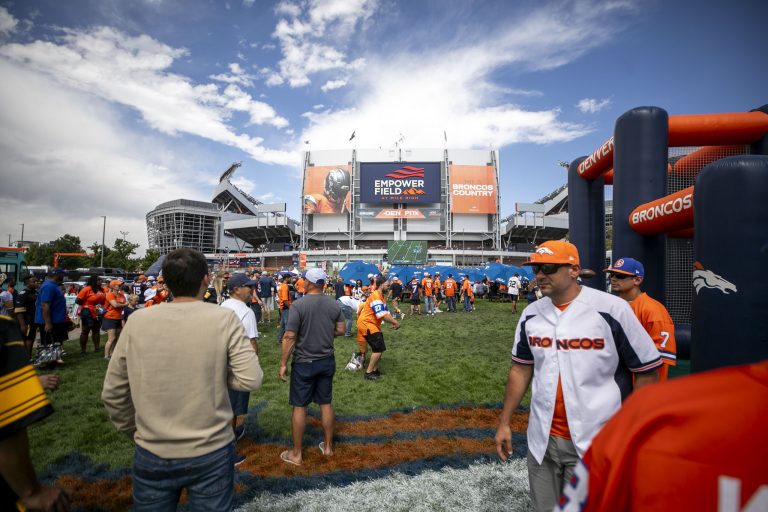It’s a great time to be a professional sports fan in Denver – with recent basketball and hockey championships and a Super Bowl victory in 2015.
Amid all the winning, Littleton’s Kim Hughes wondered, “How do Denver’s professional sports teams decide to be called ‘Denver’ versus ‘Colorado’?”
The answer to his question, submitted through CPR’s Colorado Wonders, lies both in how old a franchise is and how modern sports facilities are funded by taxpayer dollars.
“Older teams tend to be named after the city where they played,” said Jason Hanson, creative director at History Colorado. In older sports leagues, teams from around the state competed against each other. “One of the oldest baseball teams in Colorado was the Denver Denvers, they played the Pueblo Pastimes and the Leadville Blues and it was important to be clear that they were Denver’s team.”
The two oldest professional teams in Denver that have followed this trend are the Denver Broncos, formed in 1960; and the Denver Nuggets, formed in 1967.
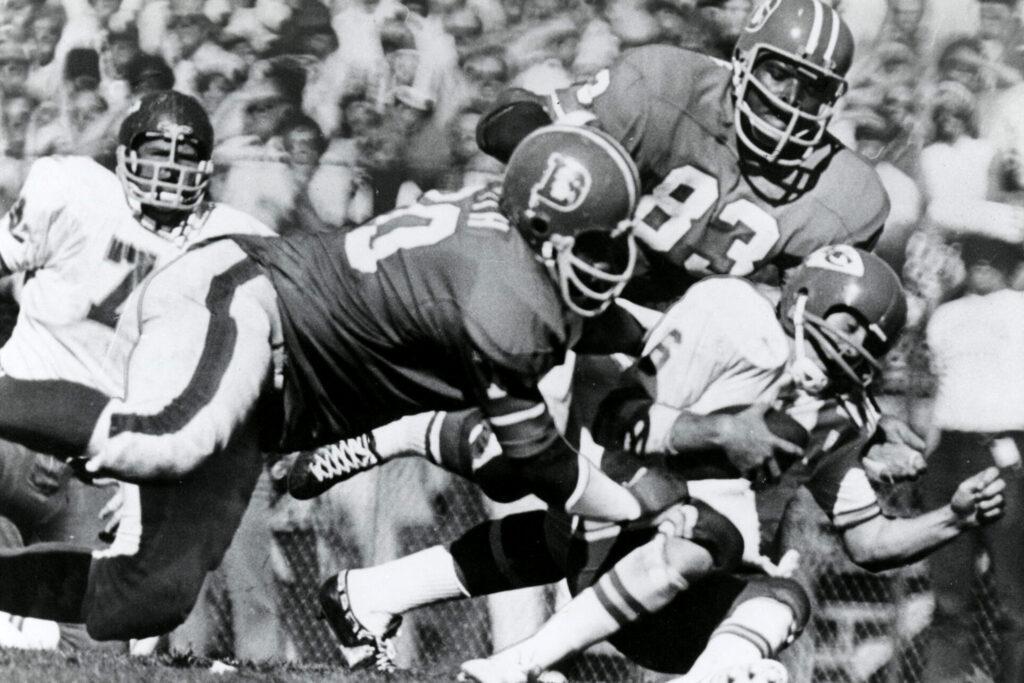
Denver Public Library/Western History Collection/Z-107
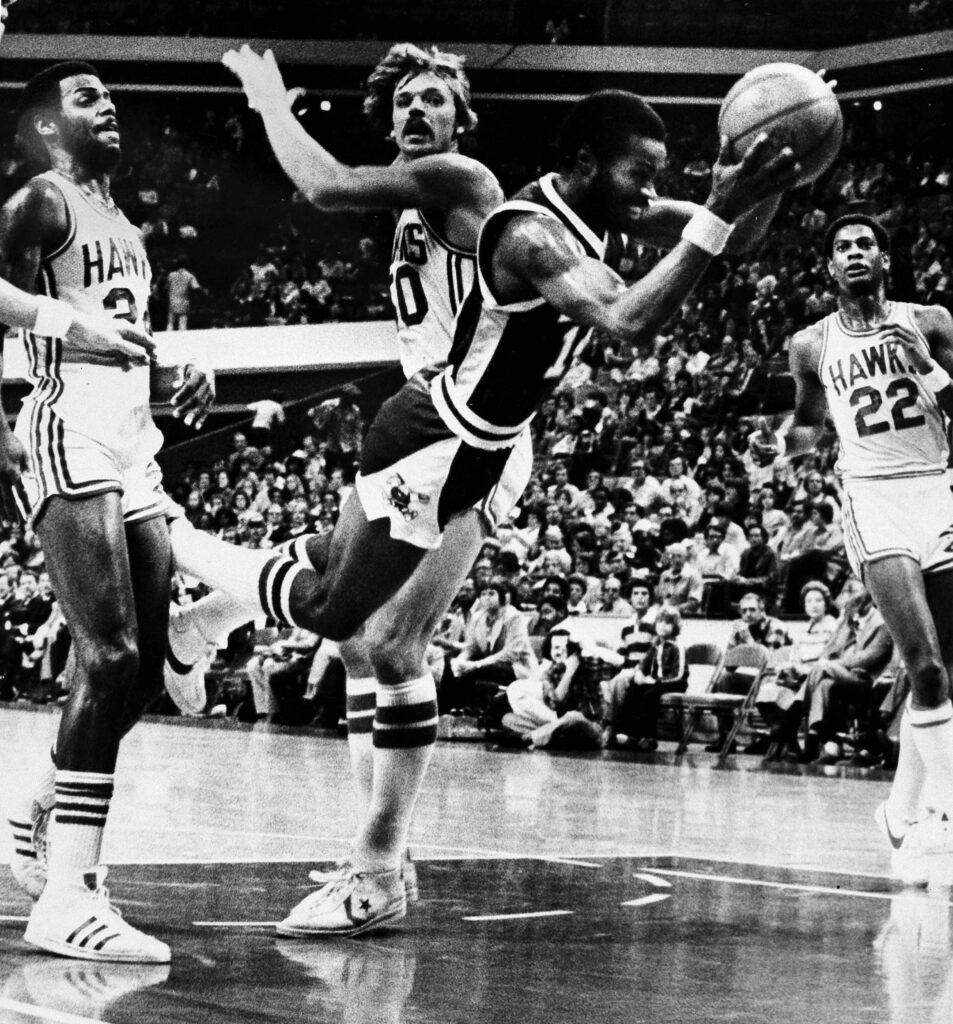
OBJ/AP
A major shift in team branding followed the rise of cable television in the 1970s and 1980s, extending the reach of sports broadcasts beyond the city where the teams lived.
“Team owners started to think maybe there would be benefit to bringing in larger numbers, without tying themselves specifically to one city,” Hanson said.
In the 1990s, Major League Baseball welcomed two new teams with state-based names: the Florida Marlins and the Colorado Rockies.
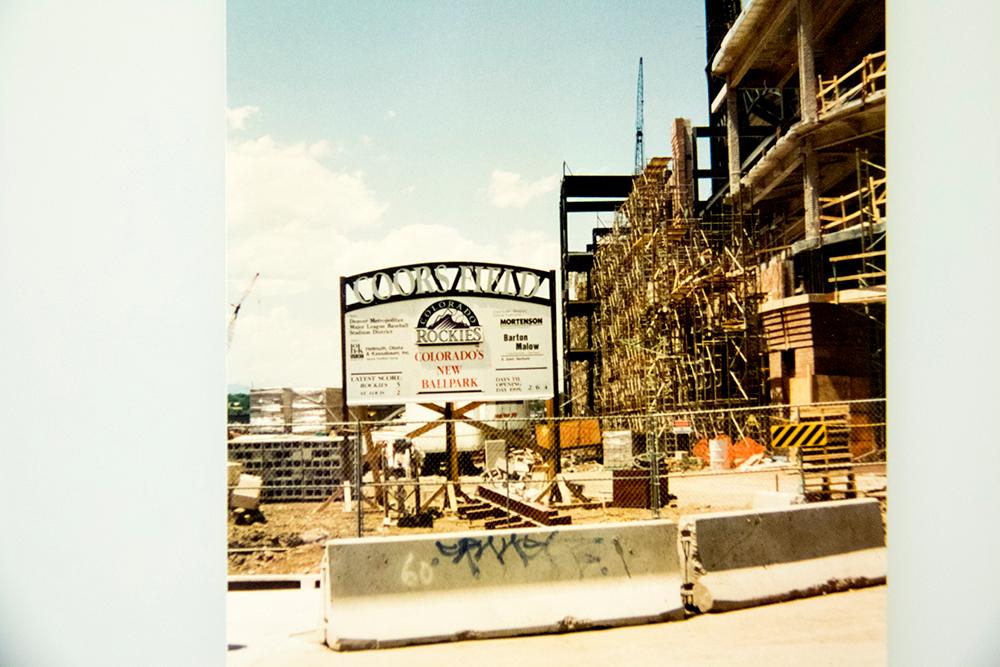
Denver Public Library/Western History Collection/Karle Seydel Papers
“The ownership group wanted to focus on a broad area,” said Neil Macey, who was executive director of the Colorado Baseball Commission starting in 1990.
Macey said the field for a major league baseball team in Denver was “a time zone without a team,” emphasizing to league owners that the vast middle part of America deserved a professional franchise. “And so having just Denver in the name wouldn’t have been enough.”
The name was also influenced by money.
Polls have shown that Denver voters would likely reject a sales tax increase to build a ballpark. Masey teamed up with state Rep. Kathi Williams, of Westminster, and with the support of then-Gov. Roy Romer, they got a metro-wide sales tax on the ballot in 1990. As polls predicted, Denver voters rejected the tax, but there were enough votes outside the city to adopt the measure.
Attention quickly focused on a name. Polls conducted by major daily newspapers of the time showed overwhelming support for the “Denver Bears,” a nod to the beloved former minor league team. So it was somewhat controversial when the name “Colorado Rockies” was revealed in 1991.
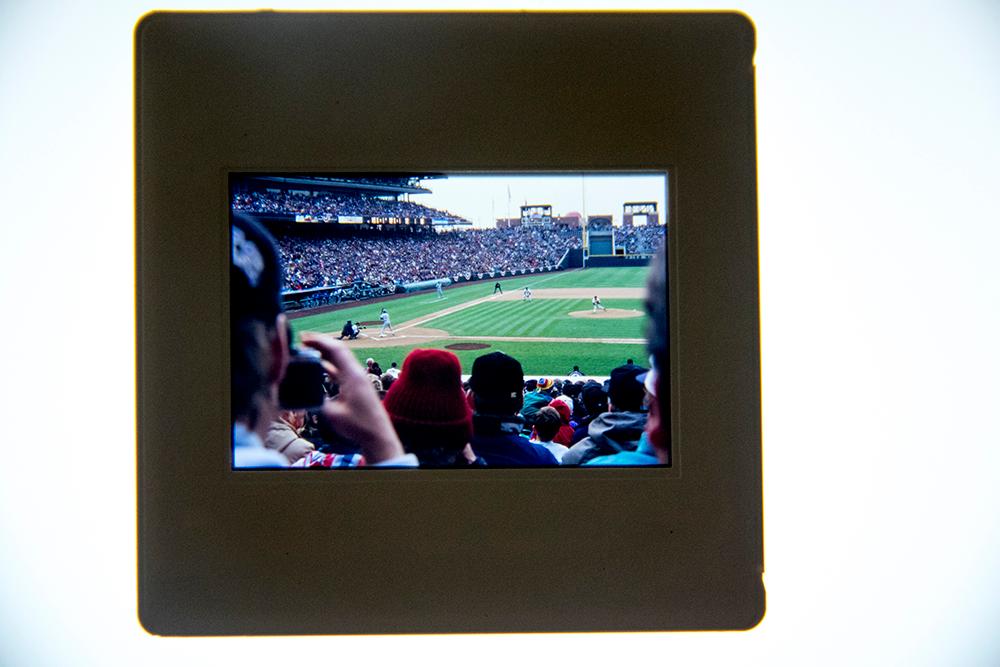
Denver Public Library/Western History Collection/Karle Seydel Papers
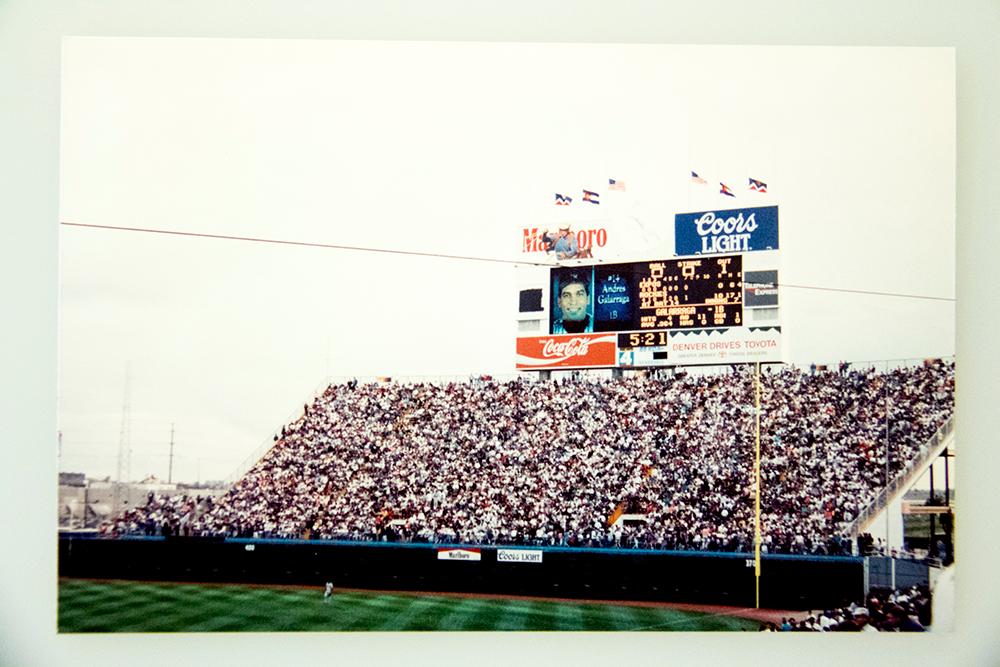
Denver Public Library/Western History Collection/Karle Seydel Papers
Romer defended the name.
“It’s a Colorado team,” he said at a 1991 news conference. “What I think of when I think of the Rockies is you look at the rest of them from top to bottom. And after a few years, I am convinced that this team will achieve it.
With just five playoff appearances in more than three decades, that prediction of on-field success missed the mark.
But the success off the field is undeniable. Despite being one of the worst teams in baseball last season, an average of 31,361 fans attended games.
“Even today, a large portion of the spectators at Rockies games come from other parts of the state,” Macey said. “Grand Junction and Lamar and also many surrounding states. So having Colorado as a name is kind of all-encompassing and helps attract all these people to the games.
In 1995, when the Quebec Nordiques moved to Denver, the team’s owners were focused on a name that would encompass the broader region. People weren’t thrilled with a potential name leaked to the Denver Post: “Rocky Mountain Extreme.” The team’s owners quickly decided on the Colorado Avalanche.
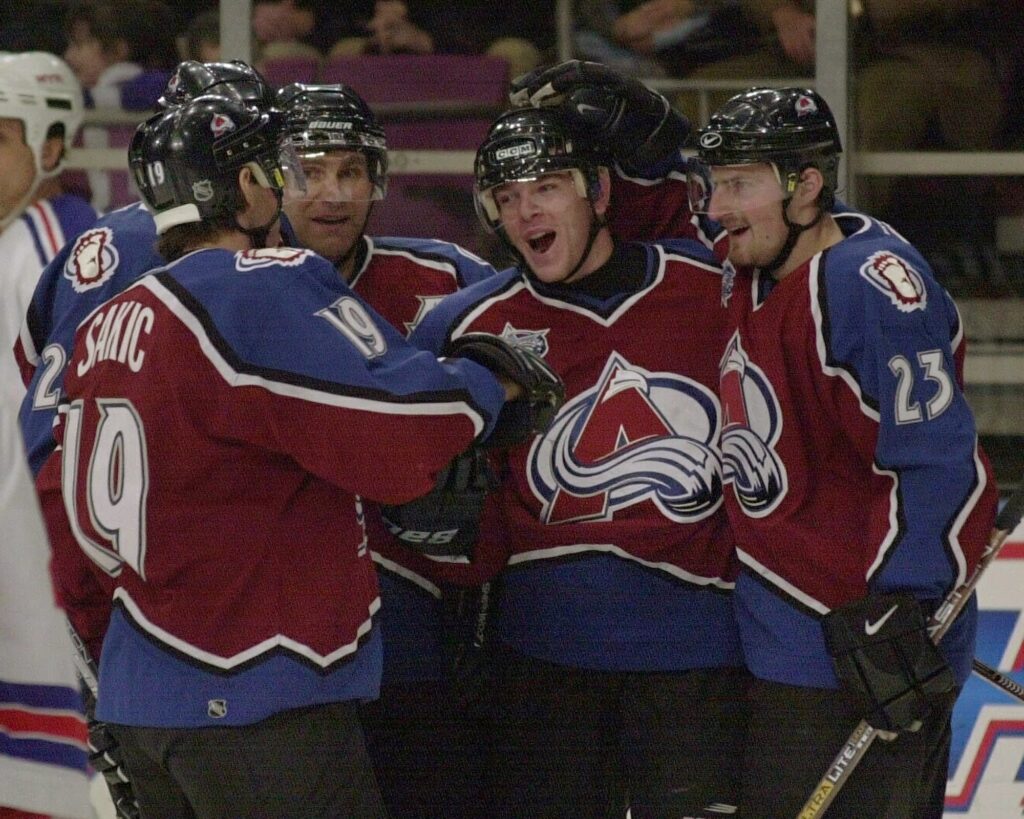
Ron Frehm/Associated Press
Over the next few years, the name “Colorado” remained. The premier professional football franchise is the Colorado Rapids (they play in Commerce City), and Denver’s lacrosse team has become the Colorado Mammoth. Another professional lacrosse team, the Denver Outlaws, true to their name, bucked the trend.
Waiting for, a reportciting anonymous sources, said the National Women’s Soccer League has awarded Denver a franchise that could begin play as early as 2026. There is no word yet on an official name – but the name of the group working to secure the The team is “For Denver”. FC. »
Jason Hanson, the historian, said the rise of the Internet and streaming services means team owners might one day think globally, well beyond cities and states.
“You could easily imagine some sort of shake-up in the NFL, where a team moves, and as their new name is chosen, you know the Rocky Mountains or the Pacific Coast or something that would be bigger, that would sort of more meaningful in other parts of the world.


